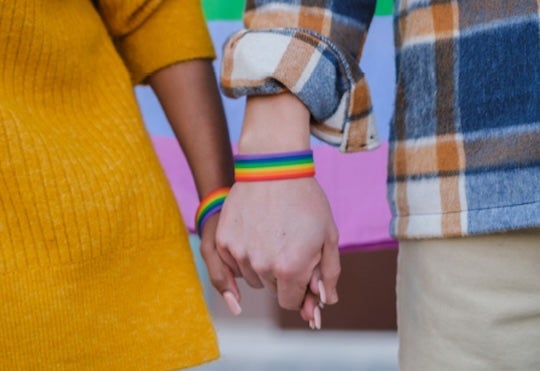A series of reports released Thursday from Rice University’s Kinder Institute for Urban Research finds that gay, lesbian and bisexual residents in Houston and Harris County are more likely to experience mental health concerns than straight residents, but lesbian and bisexual residents are much less likely to get the care they need.

The findings published online provide a detailed analysis of the mental health of Houston-area residents. According to the reports, higher levels of psychological distress among sexual minorities reported in Houston and Harris County were exacerbated by negative social and emotional stressors during the COVID-19 pandemic, such as loss of relationships and feelings of loneliness.
In addition, lesbian and bisexual residents were about three times more likely than straight residents to say they had needed mental health care services but had not gotten them in the past year. Reasons reported for not receiving care were similar regardless of sexual identity with the most common hurdles being cost, not knowing where to go and wanting to handle the problem on their own.
“Lesbian, gay and bisexual individuals tend to have poorer mental health than their straight peers, and understanding the mechanisms of these challenges is critically important in order to address them,” said Dan Potter, the lead author of the reports and director of the Houston Population Research Center at the Kinder Institute.
Research analyst Katherine Perez was the co-author of the reports.
Potter noted that improving the mental health care access for sexual minorities may require different approaches.
The data was collected as part of the Greater Houston Community Panel in spring 2023. Data on transgender persons and other gender identities was not collected in this initial study. The reports are online here.

